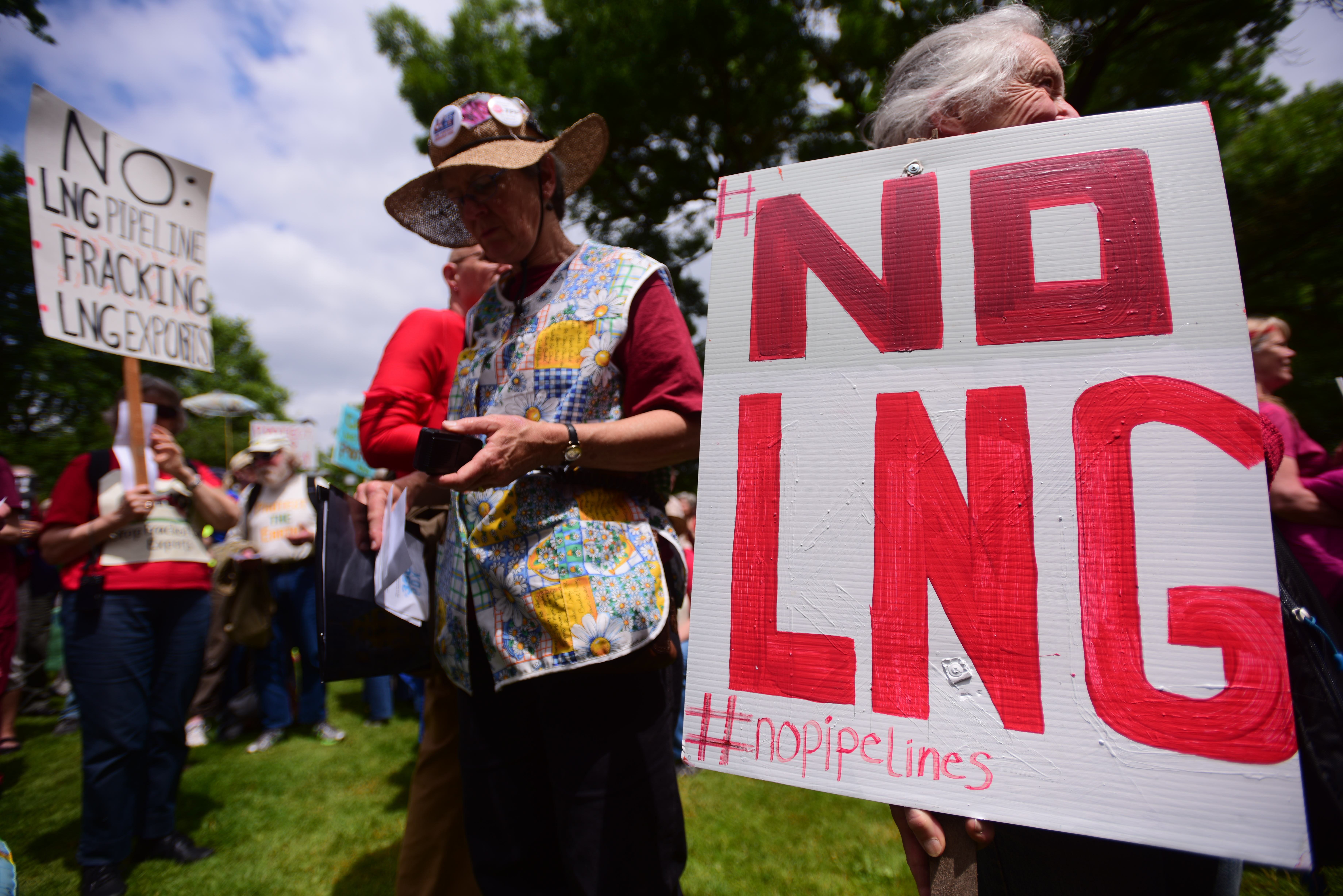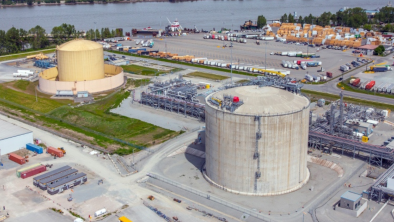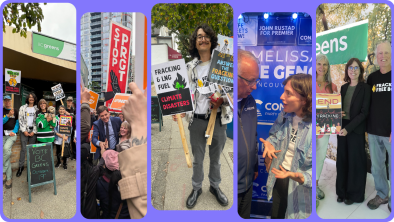BC’s Cap and Trade Act ditched to allow LNG climate pollution

News Release
Legislation coming into force on Jan. 1 allows BC’s greenhouse gas emissions from LNG to rise
VANCOUVER – The BC government stated today that its new Greenhouse Gas Industrial Reporting & Control Act (GGIRCA) will repeal hard caps on emissions set out by the previous government, in favour of “intensity” targets that will allow carbon pollution to rise.
In a press release, the government confirmed that the new legislation – created to facilitate the production and export of liquefied natural gas (LNG) – will come into force on January 1, 2016. The government makes the curious claim that BC’s LNG is the cleanest in the world, and has been promoting it as a solution to the world’s climate woes.
“This kind of policy is a favourite for governments and companies that want to look like they’re taking action while actually increasing the damage they’re doing to the climate,” said Peter McCartney, Climate Campaigner with the Wilderness Committee. “BC’s LNG is not ‘clean’ by any stretch of the imagination. This new legislation shows just how far the government is willing to go to promote this dirty industry.”
If just five of the 21 planned LNG terminals on the west coast are built, the industry could double the province’s annual greenhouse gas emissions. Methane leaks from fracking and the enormous amount of power it takes to liquefy the gas would mean that BC LNG would be worse for the climate than coal.
British Columbians are already suffering the effects of climate change. Coastal communities are working to adapt to sea level rise, warming rivers are having increased harmful effects on spawning salmon and aggressive forest fires are becoming the new normal in BC.
“Pretending that LNG is somehow a solution to climate change is laughable,” said McCartney. “We’ve already blown our greenhouse gas reduction targets for 2020, and if this industry develops as the provincial government wants it to, we will obliterate our climate goals.”
–30–
For more information, please contact:
Peter McCartney | Climate Campaigner, Wilderness Committee
778-239-1935, peter@wildernesscommittee.org


